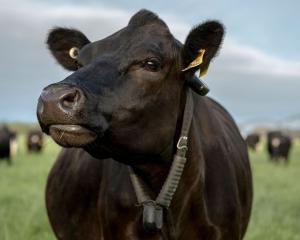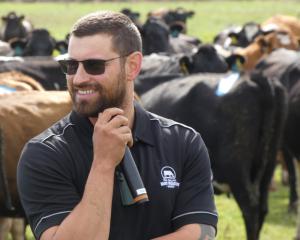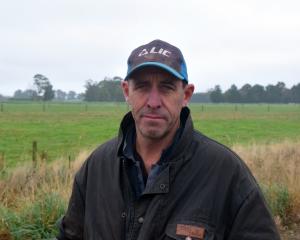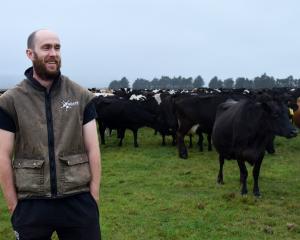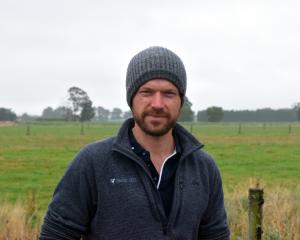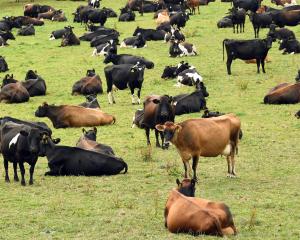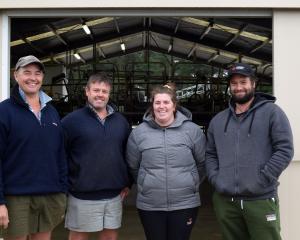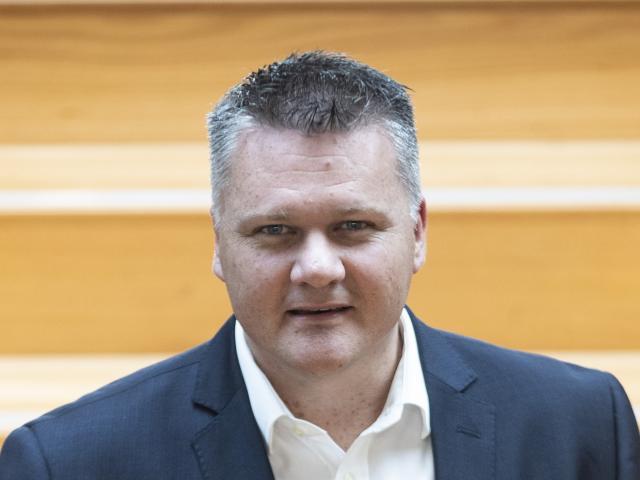
Yesterday, the co-operative announced its interim results for the first half of the 2019 financial year which showed net profit after tax of $80million, up 123%.
Normalised earnings before interest and tax (ebit) were down 29% on the same period last year to $323million.
Fonterra also provided a progress update on the full review of its business strategy, and chairman John Monaghan stressed it was not ''mere tinkering around the edges''.
''There will be fundamental change. We are taking a hard look at our end-to-end business where we can win in the world and the products where we have a real competitive advantage,'' he said in a statement.
Fonterra has sold its interest in Venezuelan consumer joint venture Corporacion Inlaca, to international food business Mirona, receiving $16million cash for the sale.
However, it would take a hit of $126million over the sale as it was exposed to currency risk on its overseas operations and the impact of changes was held in a foreign currency translation reserve (FCTR).
When a business was sold, there was a non-cash accounting adjustment that released the accumulated FCTR to the profit and loss statement.
The full impact of that transaction, including the devaluation of the Venezuelan currency which had resulted in a negative FCTR balance of about $126million, would be reflected in the profit and loss statement.
The sale was not directly included in Fonterra's half-year results and the impact of the FCTR on the profit and loss statement had not been reflected in the forecast earnings per share range.
Fonterra has received strong interest in Tip Top - the potential sale of the Kiwi ice-cream brand has incensed some Fonterra suppliers - and was actively considering its options for its shareholding in Beingmate, the statement said.
It had also started a sales process for its 50% share of DFE Pharma, a 50-50 joint venture established in 2006 with FrieslandCampina.
DFE Pharma was one of the largest suppliers of pharmaceutical excipients which were used as a carrier agent in medicines such as tablets and powder inhalers.
While it was good to see ''back in black'', earnings performance was not where it should be which was the reason for revising the full-year earnings guidance down to 15c-25c per share in February, Mr Hurrell said.
A steady performance from the New Zealand ingredients business in the first-half of FY19 had been offset by challenges in Australian ingredients and that had seen total ingredients ebit decline by 17% to $461million.
Fonterra's Australian ingredients business continued to feel the impact of the drought.
Consumer and foodservice was tracking behind last year with an ebit of $134million, held back by disruptive political and economic conditions as well as high input costs in Latin America.
Demand slowed in its China foodservice business due to higher prices and in-market inventory levels growing for butter at the end of FY18. In Sri Lanka, performance was impacted by price constraints.
The focus in the second half of the year was to meet the earnings guidance, deliver the three-point plan and ''fundamentally reset the business'' so it could deliver sustainable earnings, Mr Hurrell said.
That three-point plan involved taking stock of its business and conducting a portfolio review, getting the basics right and improving its forecasting.
The second half would also see Fonterra continuing work on developing a new strategy to support ''a much needed change in direction''.
''We are doing the right things but it's clear more is needed to lift our performance. We need to simplify and improve the co-op so we can grow value,'' he said.
Fonterra Shareholders Council chairman Duncan Coull said farmer shareholders would agree the results announced were ''not where they should be''.
The council backed the board and management's initiative to thoroughly review strategy, Mr Coull said.
Solid progress had been made on reducing operating expenditure, capex and the asset sales required to meet the debt reduction target.
''As farmers and business owners, we accept that some change can take effect over a shorter term while the more strategic outcomes will take longer to evolve.
''We encourage shareholders to be patient and empower the board and management with time, to ensure the right decisions are made to support the long-term futures of our farming families,'' he said.



